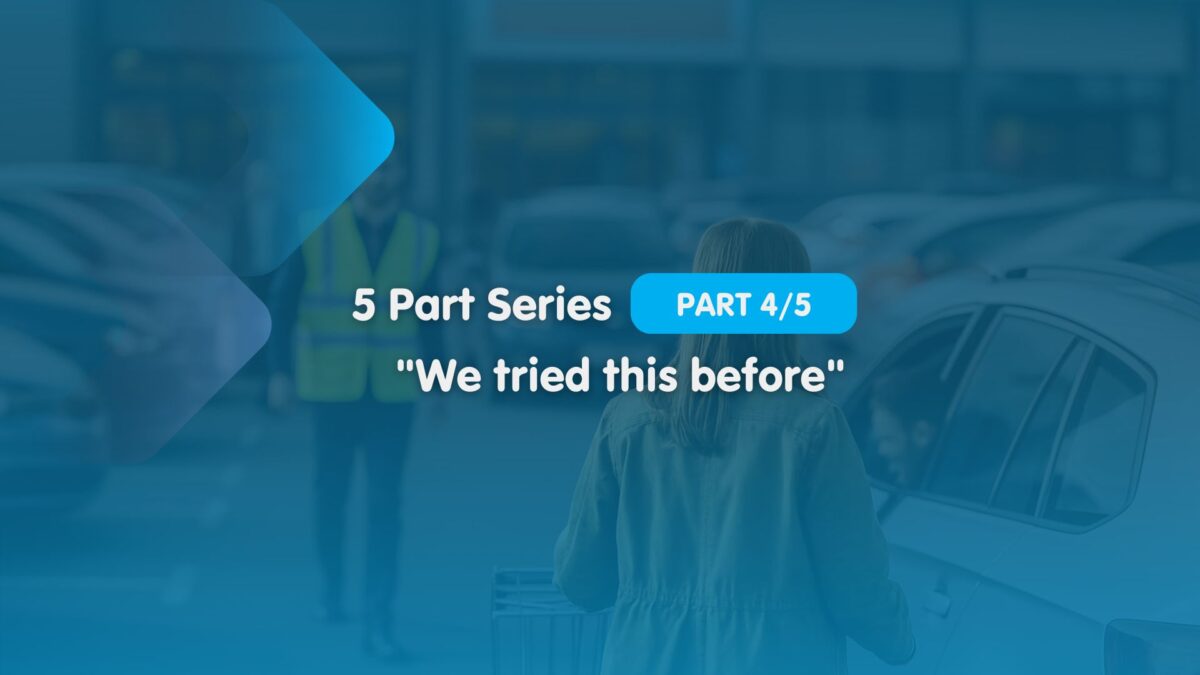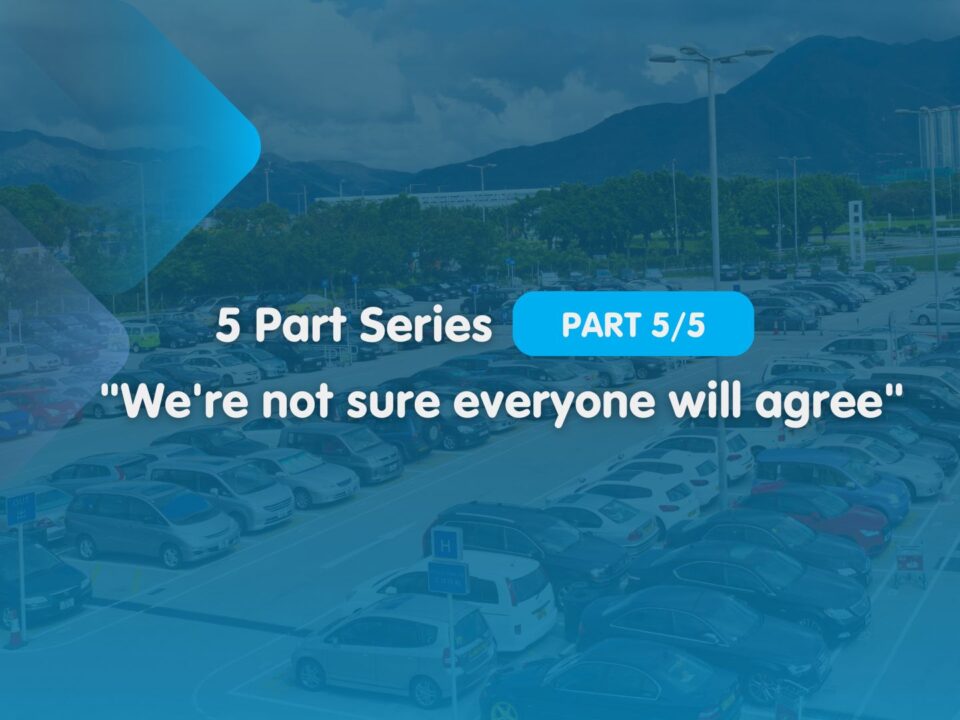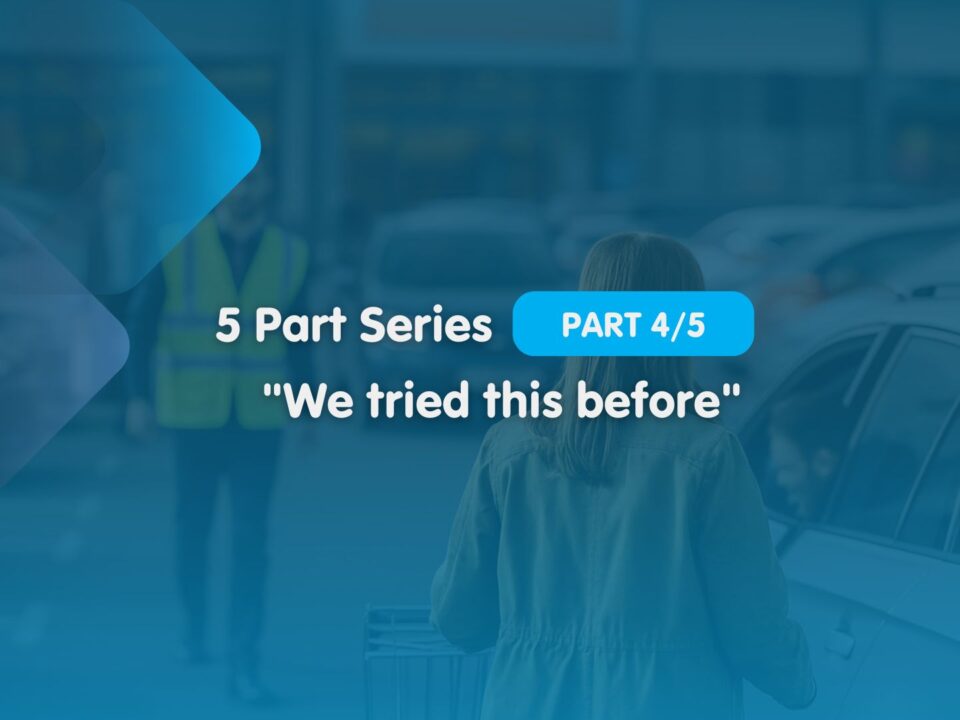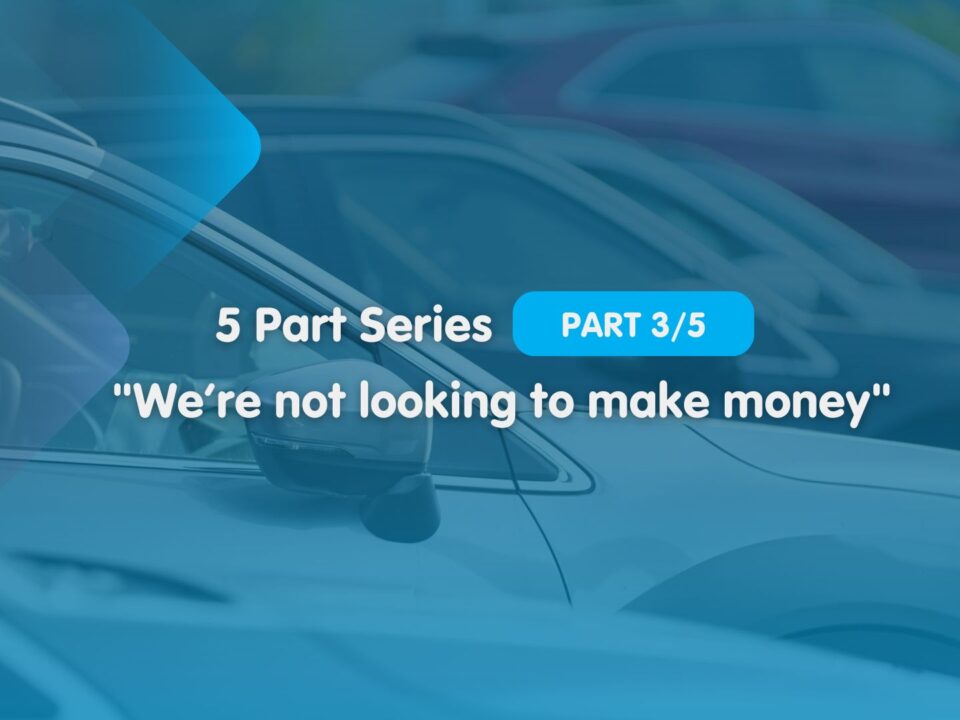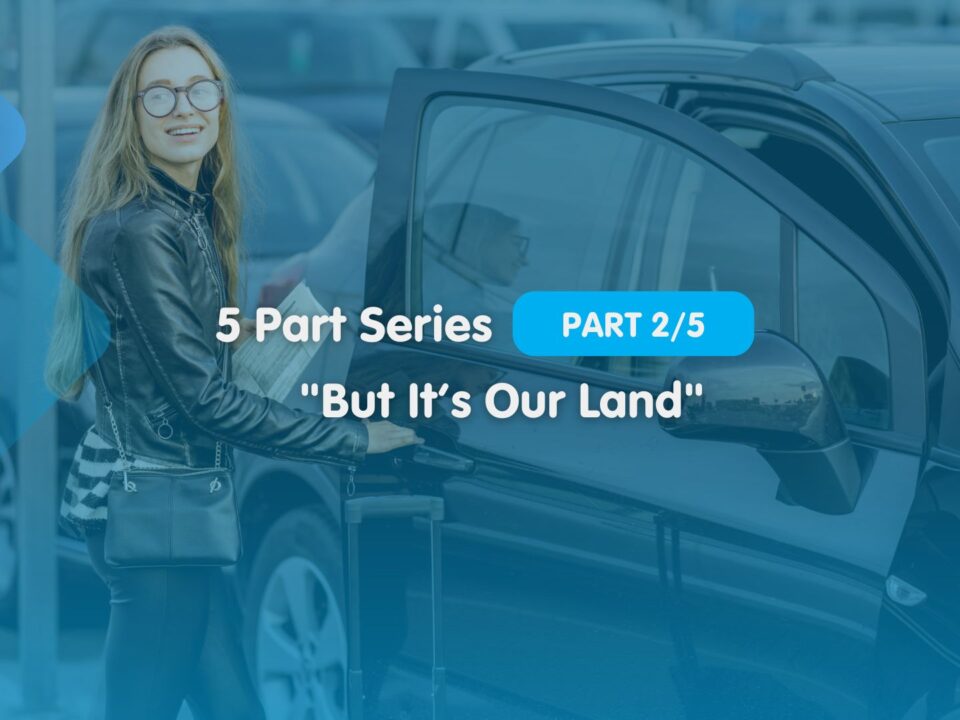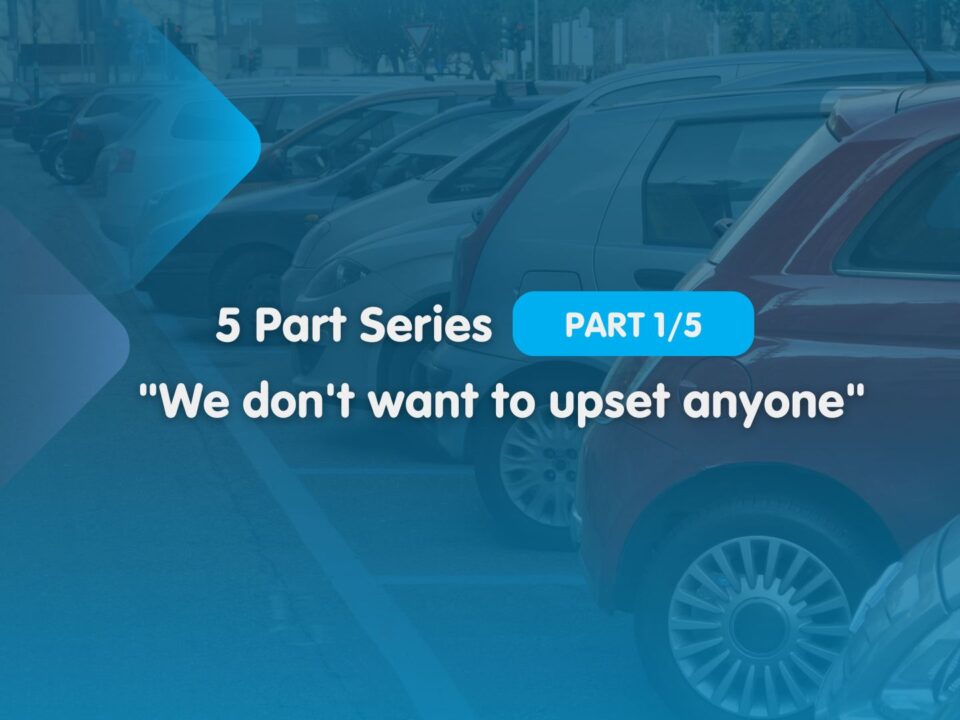Part 4. “We tried this before”

Part 3. “We’re not looking to make money”
17/07/2025
Part 5. “We’re not sure everyone will agree”
17/07/2025"We tried this before"
Why it went wrong last time: and what can be done differently
It sneaks up, sometimes before we’ve even sat down.
Sometimes after a long pause, a sigh, or a careful look exchanged across the conference table.
You can feel it, almost before it’s said.
“We’ve done this before.”
Or,
“We tried a system a few years ago.”
Or sometimes, it’s just,
“We had a company in, once.”
And then there’s the rest — the reason it’s coming up now.
Because it didn’t go well.
Maybe it was a few months. Maybe a few years.
But the memory is sharp, and the feelings haven’t faded.
There was a sense, at the time, that something needed to change.
The car park wasn’t working. People were fed up. You’d had enough of the complaints.
So you called someone in, and you hoped for relief.
But what you got was… something else.
Sometimes it was the rollout — a flurry of new signs, or new rules, or leaflets on windshields and emails that landed with a thud.
Maybe there was a warden, or a camera, or a new system that promised to handle everything, so you wouldn’t have to.
But almost straight away, things felt off.
Maybe the notices started landing on windshields or through the post.
Maybe you started fielding calls and emails, not from the right people —
but from the people you never meant to penalise.
Staff, residents, loyal customers —
the very people you wanted to protect —
caught in the net.
The complaints changed tone.
It wasn’t just about “there’s nowhere to park” or “someone’s in my bay” —
it was,
“I’ve just got a £100 charge.”
“Why didn’t you tell us?”
“Is this how you treat your own people?”
You found yourself caught in the middle.
Sometimes you had a number to call,
sometimes you didn’t.
Maybe the company was helpful at first —
but then the calls slowed, or the emails didn’t get answered,
or the process started to feel like a maze.
Appeals that went nowhere.
Exceptions that couldn’t be made.
Letters that sounded cold, or robotic, or just too final.
The system that was meant to bring peace brought stress.
The problem you tried to solve became something else.
You felt it most when people stopped you in the corridor, or called you at home,
or when the committee got heated, or the reviews online turned sour.
It wasn’t just a parking problem anymore.
It was a reputational problem.
It was a relationship problem.
It was your name on the line.
So you switched it off, or cancelled the contract, or just let it fade away.
Maybe the signs are still up, peeling at the edges.
Maybe the technology is still there, but everyone’s agreed not to talk about it.
Or maybe you ripped it all out, and swore,
“Never again.”
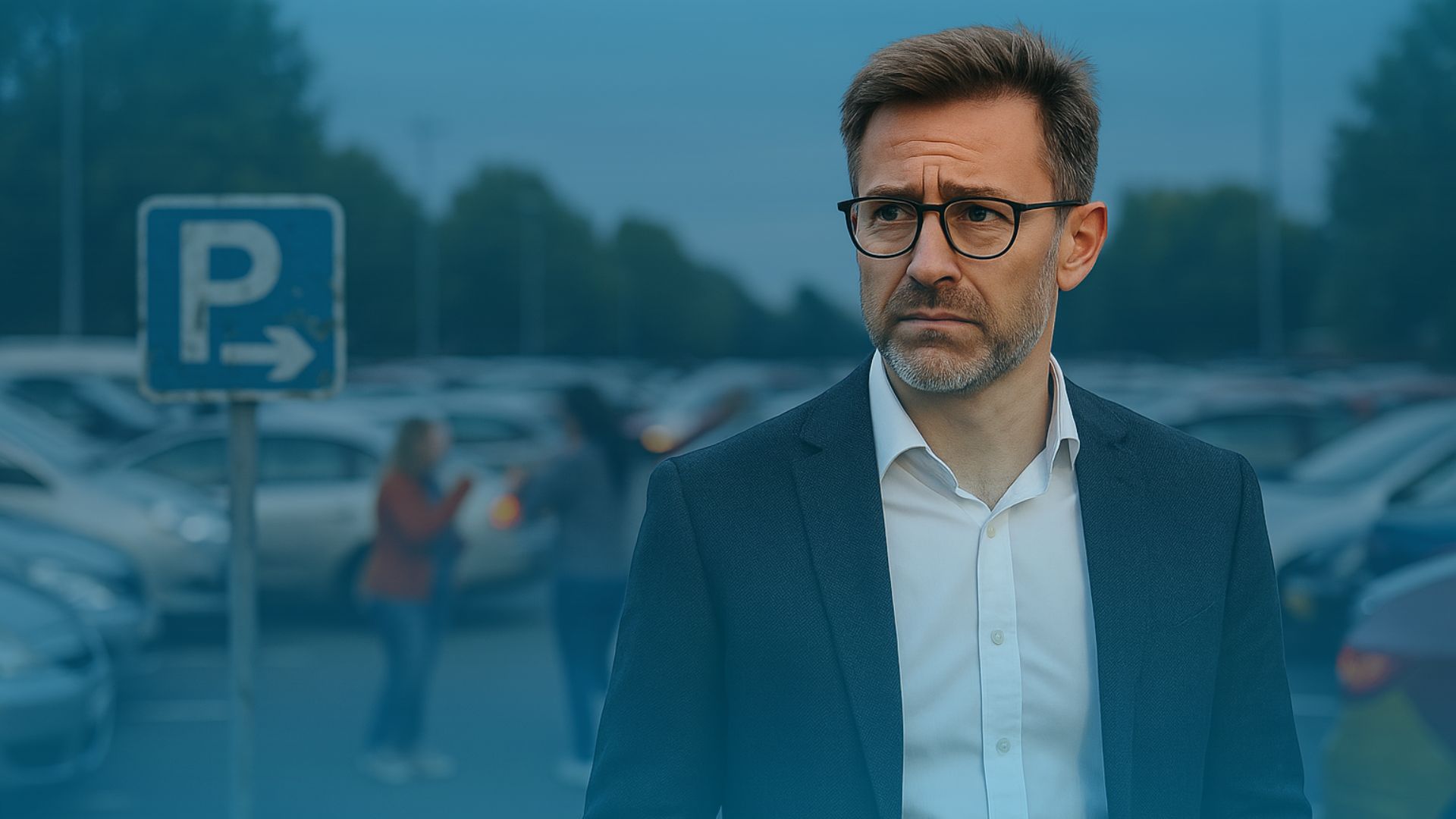
And yet, here you are.
Because, even after all that,
the problem in the car park never really went away.
You still see the same old issues:
spaces taken by the wrong people,
tenants complaining,
customers circling,
staff turning up early and still missing out.
You still hear about it,
sometimes louder, sometimes in whispers —
but you know it’s there.
And you wonder:
Is there any way to try again —
without repeating the past?
It’s a fair question.
Maybe the most important one.
Because your caution means you’ve learned.
You know that not every system is the same,
and not every promise is worth taking at face value.
You’re not interested in a quick fix, or a blanket solution, or another round of drama.
So, what went wrong last time?
And how can it be different, now?
Most often, it’s not the idea of parking control that’s the problem —
it’s the way it’s introduced, the way it’s run,
the way it fits (or doesn’t fit) with the way you actually live and work.
Maybe last time, it was “plug and play.”
Someone told you,
“Here’s how we do it everywhere.”
No questions about your site, your people, your pressures.
No listening.
No nuance.
No pause to walk the car park with you at rush hour,
to hear the actual stories behind the complaints.
Maybe the communication wasn’t there.
People found out after the fact.
No letters, no meetings, no time to explain the “why” or the “how.”
Suddenly, there were rules —
and people who felt caught out.
Maybe the system was inflexible.
You needed to let a guest off,
or change a rule for an event,
or deal with a genuine mistake —
but there was no way to do it.
Or maybe it was just too aggressive.
The whole thing felt impersonal,
like it belonged to someone else.
Charges kept coming, and you felt powerless to stop them.
It stopped being your car park,
and started feeling like someone else’s business — run on your land.
Download the Landowners' Guide to Profitable Parking
So what’s different, this time?
It starts with listening.
Not a sales pitch, but a conversation.
Not just, “What’s the problem?” but,
“How does this space work?”
“Who uses it, and when?”
“What matters most to you?”
It means taking time to understand the flow of the day, the pinch points,
the people you want to protect, the sensitivities you need to respect.
It means choice.
Not every solution is right for every site.
Some places suit self-ticketing —
where you keep control, and only act when you choose.
Others need something visible but gentle —
signage, or exemptions, or a system that works in the background.
It means flexibility.
There should always be a way to correct a mistake,
to explain,
to appeal,
to change the system as your needs evolve.
It means clear, human support —
people who answer the phone, who respond to emails,
who treat your users the way you want them treated.
It means transparency.
Everyone knows the rules.
No surprises, no secrets.
Everyone understands why things are changing,
and what the new system is for.
It means you don’t lose control.
It’s still your land.
You set the tone,
you call the shots,
you decide what’s fair and what isn’t.
And it means the solution fits —
not just the site,
but the spirit of the place.
You don’t want drama.
You don’t want headlines.
You just want people to park,
and get on with their day.
When it’s done right,
you hardly notice it.
There are fewer complaints.
The noise goes down.
The space feels calmer, safer, easier.
You don’t spend your days fielding appeals,
and you don’t worry about what might be going wrong behind the scenes.
And if something isn’t working,
it can be changed.
Adjusted.
Fine-tuned.
It’s a partnership, not a handover.
Maybe you’re still cautious.
That’s wise.
Your experience matters.
You’re not naive, and you shouldn’t have to be.
But maybe, with the right approach,
you can find the kind of system that feels less like a risk —
and more like relief.
Because you don’t want to try again just for the sake of it.
You want it to work, quietly, for everyone who matters.
And if it does?
You’ll know.
Not because people thank you,
but because they don’t mention the car park at all.
Continue the Series
- 17/07/2025
Part 5. “We’re not sure everyone will agree”
What Holds People Back from Car Park Management? PT. 5/5: How to win over a committee for your car park.
Read more - 17/07/2025
Part 4. “We tried this before”
What Holds People Back from Car Park Management? PT. 4/5: Why your parking management went wrong: and what can be done differently .
Read more - 17/07/2025
Part 3. “We’re not looking to make money”
What Holds People Back from Car Park Management? PT. 3/5: What car park management controls look like when revenue isn’t the goal.
Read more - 17/07/2025
Part 2. “But It’s Our Land”
What Holds People Back from Car Park Management? PT. 2/5: Staying in control while getting the right kind of support.
Read more - 17/07/2025
Part 1. “We don’t want to upset anyone”
What Holds People Back from Car Park Management? PT. 1/5: Why sensible car park management controls don’t have to feel harsh.
Read more

